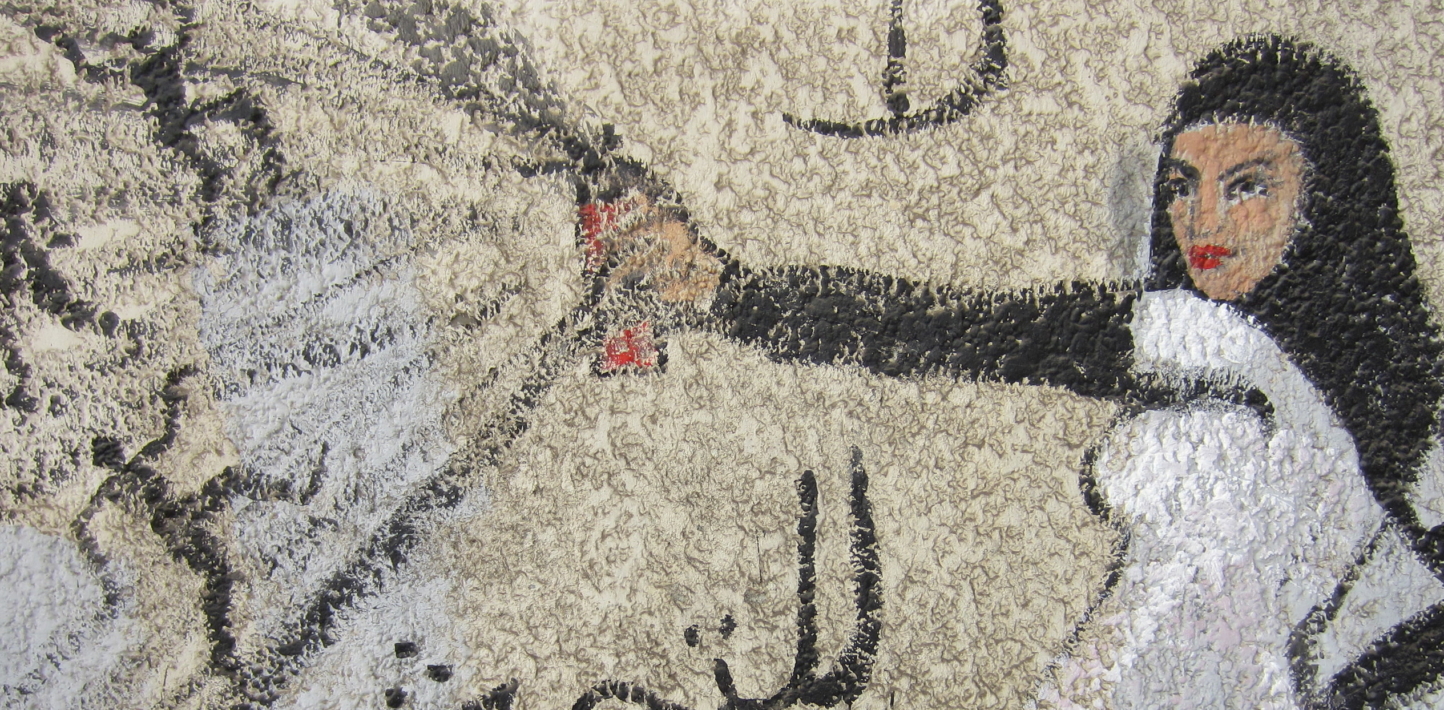Ahmed Ezz, a mechanical engineer, talks about his voluntary work with Operation Anti-Sexual Harrassment/Assault (OpAntiSH), an activist organization based in Cairo, Egypt, known for intervening in sexual assaults by mobs in Tahrir Square.
When people find out that a woman has been sexually harassed and assaulted, their first reaction is “what was she wearing?”. They always lay the blame on the women themselves. I’ve witnessed this so many times.
It is not safe at all in Cairo for women and girls. Their freedom of movement is constantly constrained. Some avoid using the metro, and spend more money on taking taxis or multiple buses, simply to minimize the risk of harassment and assault. If women and girls complain about sexual harassment, people around them just try to calm them down, belittle their concerns or accuse them of unjustly pointing the fingers at harassers.
Finding a solution
I’ve been interested in finding a solution for sexual harassment in Egypt since before the “25 January Revolution” in 2011. My first day volunteering with OpAntiSH was during anti-government protests in Tahrir Square on the second anniversary of the “Revolution”. That day, OpAntiSH intervened in 19 cases of violent sexual harassment and attacks by mobs against women in and around Tahrir Square. After we intervened to get another woman to safety after she was assaulted, one of our female volunteers was also attacked by a mob, but we managed to get her to an ambulance.
To me the experience was very aggressive and traumatizing, but when I saw our activist smiling and talking after everything that had happened to her, I felt empowered to continue.
OpAntiSH attempts to physically help women and girls by monitoring the situation in Tahrir Square and intervening when mobs assault them. In coordination with others, OpAntiSH also provides medical, psychological and legal support to women and girls when they suffer assaults.
Beyond Tahrir SquareWe want to expand our work beyond Tahrir Square to other areas where women and girls are at most risk of mob attacks, like the metro and at concerts. Our interventions help diminish the suffering of survivors, and in some cases save their lives. We try to ensure that they receive appropriate medical support and care, as we face a lot of unethical behaviour by medical personnel. If survivors want psychological support, we connect them with other NGOs, like the El Nadim Centre for the Rehabilitation of Victims of Violence [an Egyptian NGO working to document and combat the crimes of torture and other violence, and to rehabilitate survivors], while completely respecting their privacy and aiming to help them in their healing process. We also connect them with lawyers, but unfortunately Egyptian legislation in itself is problematic. For instance, the definition of rape excludes penetration with objects.
‘It is infuriating that women can’t enjoy their rights’I continue to volunteer with OpAntiSH because there is no segregation in their approach – there are no specific roles assigned for women and men activists. I am motivated by my belief that there should be no difference in the rights enjoyed by men and women. It is infuriating that women can’t enjoy their rights on par with men.
After the “25 January Revolution” I became more involved politically, and wanted to protect the space [of Tahrir Square], which enables people to protest and express their views freely. We fought so hard to carve that space for ourselves, and I consider sexual harassment and assault to be a threat to that space – they deter women and girls from practicing their rights to freedom of assembly and expression. It is important for me to continue this work both for political reasons and for human reasons. Women face rape and even death when they participate in public gatherings, and society is silent about this crime. Perpetrators go unpunished.
The approach of the Egyptian government affects how society perceives and treats women and girls. This approach needs to fundamentally change for the situation to improve.
In the short term, simple things, like putting lampposts in areas that are dark and where such cases have been reported, can help. OpAntiSH did that on Mohamed Mahmoud Street [an avenue leading to Tahrir Square]. We essentially played the role of the government because it is failing in its duty to protect women and girls. In the long term, structural changes and accountability are needed. For instance, legislation must be amended and perpetrators punished.
I would like to see international support and activism putting real pressure on the Egyptian government. However, this needs to be a consorted effort by all governments, and the international community like the UN. Unfortunately, many countries don’t see women’s rights as a priority and exploit women’s rights issues only when it is in their interests.
Support Ahmed and other activists right now: join our 16 days of activism against gender violence.
Global campaign targets violence against women and girls (News story, 25 November 2013).


